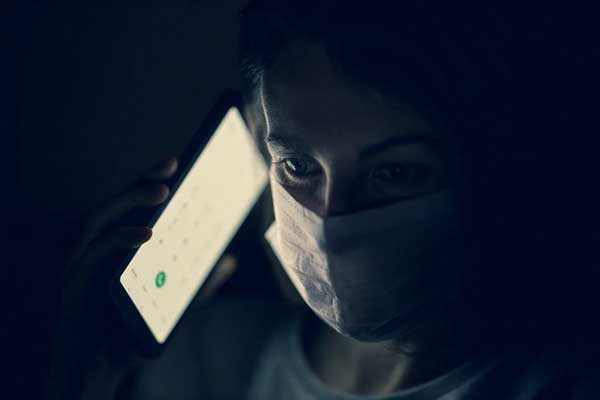Blog

Trusted Northwest Suburban Law Firm
847-944-9400
Before the COVID-19 pandemic, returning to the workplace after being absent meant facing a pile of paperwork and emails. Now, however, returning to work involves a number of serious risks, depending on the type of job the employee has. Because of the pandemic, many employees are struggling to balance the needs of their employers, their families and their own health.
For example, what if an employee believes they may have contracted COVID-19 in the workplace? Can they bring a lawsuit against their employer? If so, what would be involved in bringing such a lawsuit?
An employee who brings a lawsuit against an employer for a work-related injury would bring a workers’ compensation claim. Generally, it is difficult to bring a workers’ compensation claim for contracting COVID-19 in the workplace because it would be difficult to prove causation, in other words, that the employee contracted COVID-19 in the workplace and not elsewhere.
However, Illinois Governor J.B. Pritzker signed House Bill 2455 into law on June 5, 2020, which creates a rebuttable presumption that first responders and front-line workers who contract COVID-19 were infected in the workplace and can bring a workers’ compensation claim. Illinois is one of a number of states granting this presumption to certain types of workers, like first responders, front-line workers, healthcare workers and/or law enforcement.
In cases where the presumption applies, the employer can rebut the presumption by presenting evidence that it is unlikely or impossible that the employee contracted COVID-19 in the workplace. For example, the employer can establish that the employee was working from home for 14 or more days immediately before contracting COVID-19, or that the employer was following public health guidelines for two weeks before, allegedly when the employee contracted COVID-19.
For employees who do not fall into the categories of high-risk employees covered by the bill, filing a workers’ compensation claim for exposure to COVID-19 would likely be more difficult. If an employee is not entitled to the presumption described above, they would have to prove causation to succeed on their workers’ compensation claim.
As exemplified by Governor Pritzker signing House Bill 2455 into law, state governments are trying to make it easier for employees, especially the high-risk employees covered by the bill, to successfully bring workers’ compensation claims.
On the other hand, bringing COVID-related lawsuits against hospitals and nursing homes is becoming more difficult. Governor Pritzker recently signed an Emergency Order setting a particularly high evidentiary standard for plaintiffs suing hospitals and nursing homes on the ground that someone in their care contracted or died from COVID-19. Pursuant to the Governor’s Order, the plaintiff must prove the patient’s death or injury was the result of “gross negligence” or “willful misconduct” by the nursing home or hospital, rather than simple negligence or carelessness. Under these higher standards, the plaintiff must prove the hospital or nursing home intentionally or recklessly caused a patient to contract COVID-19. Request a free case evaluation by clicking on the button below.
